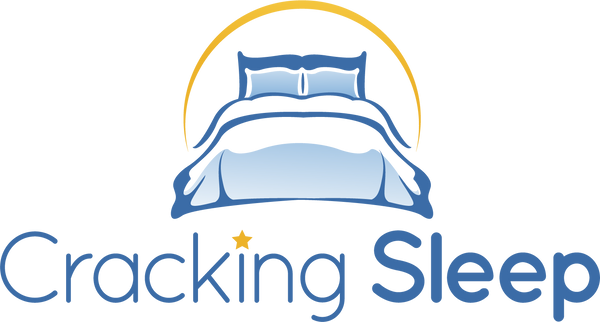Most of us are aware of the circadian rhythm and how it governs our sleep patterns. However, it does much more than that.
For those of us already navigating conditions like sleep apnea, understanding how medication can influence the circadian rhythm can be the key to better overall sleep.
So, let’s dig into how the two manage to dance together without too much toe-stomping.
Like a Lizard
We don’t move much during sleep.
Even those of us who toss & turn… getting trapped in a duvet with all the twisting and rolling around… even then our movement is far less than we create during waking hours.
In the same way a cold-blooded lizard will pop out of their hole and sit for a bit while the sun warms it’s blood, ready to flow like oil through a warmed engine. We do something similar.
Our blood flows faster during our waking hours.
I deliberately avoided saying during the day here as nightshift workers will attest to their ability to keep moving in the darkness of 3am. Although even then, our circadian rhythm is fighting to take control.
Gut Soaking
As our blood flow slows during sleep, so does our ability to absorb anything through our gut.
Late eating (I genuinely don’t understand how the Spanish do it) and night-time medications take longer to work their way into our systems as the release of gastric acid into our gut is slowed, which also makes the gut less effective at moving things through it. Although at least one positive is we (hopefully) don’t need to get up in the middle of the night to nip to the loo.
Organ Grinding
As most drugs are metabolised through the liver, the speed of enzyme activity – as well as blood flow – makes waking hours the faster option.
And, while the liver is the workhorse helping the drugs get into our system, the kidneys are the all-important exit.
Imagine the process as a washing machine. The liver would be the wash-cycle. It spends a jlot of time making sure the main job is done properly.
The kidneys, on the other hand, are similar to the drain-pump.
Again, the kidneys work faster when we are awake. Which means, like the slow moving gut, we tend to switch-off the need to pee while asleep. Even if you are of an age where getting up for a pee in the middle of the night is a thing… it is still less frequent than when you are awake.
Targeting Organs
It isn’t just the blood-flow and metabolism that counts either.
Imagine getting into a taxi to rush across town with great expectations of happiness when you reach your destination.
What then if you get there only to find a massive, slow moving, queue at the door?
Although organs like the heart, lungs or kidneys make-up their own rules on how quickly they’ll let you in… it will always be slower during sleeping hours. This is all down to our circadian rhythm.
Does that mean sleepy-time medication taking is poinless?
Well… no… it appears not.
For a start, there are some drugs you want to be absorbed more slowly.
Imagine you have a headache and the paracetamol packet says you can take up to 2 tablets every 4-hours… but no more than 8 tablets (4 doses) in any 24-hour period.
Well, the fact the medication will be absorbed slower as you sleep works in your favour.
If you take a dose before going to bed, you are less likely to be woken 4-hours later when the medication has worn off.
Instead, you are more likely to wake-up 8ish hours later with the headache gone. All thanks to your circadian rhythm slowing down the absorption process.
In addition to this, some drugs work better this way by design.
Statins are a great example. Our bodies work on cholesterol mainly during sleep. So, taking statins – designed to reduce cholesterol – before going to sleep would be more effective.
Or, to put it another way, if you were a paparazzi photographer sitting outside a nightclub at 2pm… you may have trouble finding any wayward celebs with their trousers down. 2am, however, and your work has just become a whole lot easier.
So, yes, our circadian rhythm can impact how well medication works. However, with careful planning – and listening to qualified medical advice – it is possible to make this most natural of clocks work in our favour.
Cheers,
Alan
P.S. I have taken to creating various bits on sleep and sleep apnea. If you would enjoy hearing more and find out where else you can find stuff like this, you can get my weekly Triple Whammy email, which has 3 short topics each week. Some written or recorded by me and others I’ve found out there in the strange world we live in.
If this is you, sign up here and you will get the very next one.

